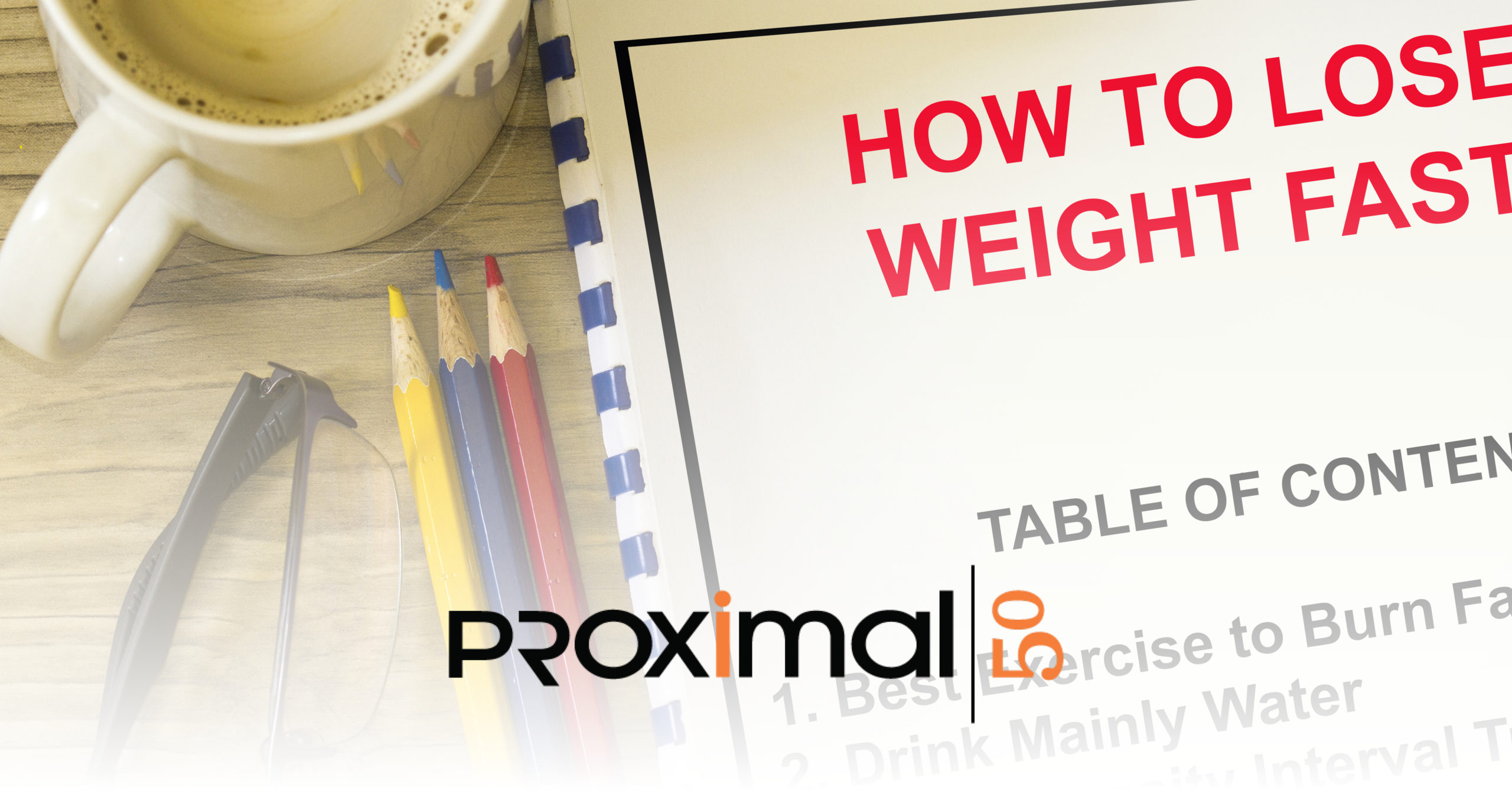Looking to lose weight fast? Read this first.
Health Risks of Losing Weight too Quickly
We live in a society of instant gratification. Our technology instantly gives us the information we’re looking for. We want our coffee or meal delivered to us ASAP. Amazon 2-day delivery has recently transformed to 1-day delivery with the click of a button. We also live in a society that if you’re not on a “diet” you’re not cool. We constantly see friends on social media taking pictures of themselves with the latest protein shake that promises quick weight loss. Or we see a friend’s post about losing 10 pounds in a month from the “Keto diet.” It’s hard to not wonder “what if I could lose 10 pounds in a month.” We all like easy and quick!
However, have you thought about how a quick weight loss can affect your metabolism? Or what happens to your body long-term if you quickly lose weight? Here are some studies I have read lately explaining this scary way to lose weight.
Vital Nutrients
Many quick diets cut out whole food groups – such as the keto diet cutting out carbs. You could be missing out on key nutrients, minerals, and vitamins that your body needs to stay healthy. Your body uses carbs for energy, and fruits and vegetables also have so many important minerals and vitamins. How about fiber? Fiber comes from whole grains, fruits and vegetables – all carbs! It acts like a sponge in your digestive tract, pulling out what your body doesn’t need so you can eliminate it properly. This is all so important for your body!
Metabolism
Rapid weight loss usually occurs from extreme calorie restriction. If someone goes from eating 3,000 calories a day to eating 1,200 calories per day, the body will go into “starvation mode.” Yes, you will lose weight initially, but your metabolism will slow down immensely. This means that down the road, your body won’t burn calories as quickly and it will be extremely easy to gain the weight back. Studies done on the “Biggest Loser” contestants showed that the more weight they lost quickly, the more their metabolism slowed. In the long-term, most of them actually gain the weight back and then some .
Muscle vs. Fat
If you lose weight quickly, it’ll actually be muscle that your body is using for energy rather than fat. Extreme calorie restriction causes your body to break down muscle for energy and fuel rather than fat. If you’re losing muscle, down the road your metabolism slows again because muscle burns more calories than fat.
Hunger
When you restrict calories in a quick-fix diet, the hormone in your body that controls hunger and satiety – leptin – is unbalanced. This leads to binging, food obsession, and getting hangry.
The Solution? BALANCE!
Choose an eating plan that you’re able to sustain for long-term (think life-long good habits) that includes all macronutrients- protein, fat, and carbohydrates. Work with a Registered Dietitian if you have food allergies or intolerances and have trouble finding good-quality food. Or if you have trouble with binging or nutrient balance, seek the help of an expert!
The proven weight-loss goal is to lose 1 pound a week. This equals cutting out 500 calories a day through changing your nutrition and exercising. This is certainly not a quick-fix, but your body will more than likely not gain the weight back if you’re consistent.
Increasing your hydration during all of this helps with metabolism as well. Make sure you’re drinking at least ½ of your body weight in ounces, and more the days you are exercising. Most people do not get enough hydration. This also affects hunger, because you can feel hungry when you’re actually just dehydrated.
Last is the importance of sticking to high-quality foods. If you are eating high-quality foods, then the quantity of food naturally lowers. You are then meeting your body’s nutrient needs, which again, increases your metabolism and decreases your hunger.
So as tempting as it is to find the secret to fast weight loss, keep in mind the pros & cons of doing so. The long-term impact on your metabolism is not worth it. Shift your mindset to being healthy and look towards the long-term, sustainable way to be healthier.
Reference: “The Biggest Loser” study: https://onlinelibrary.wiley.com/doi/full/10.1002/oby.21538


